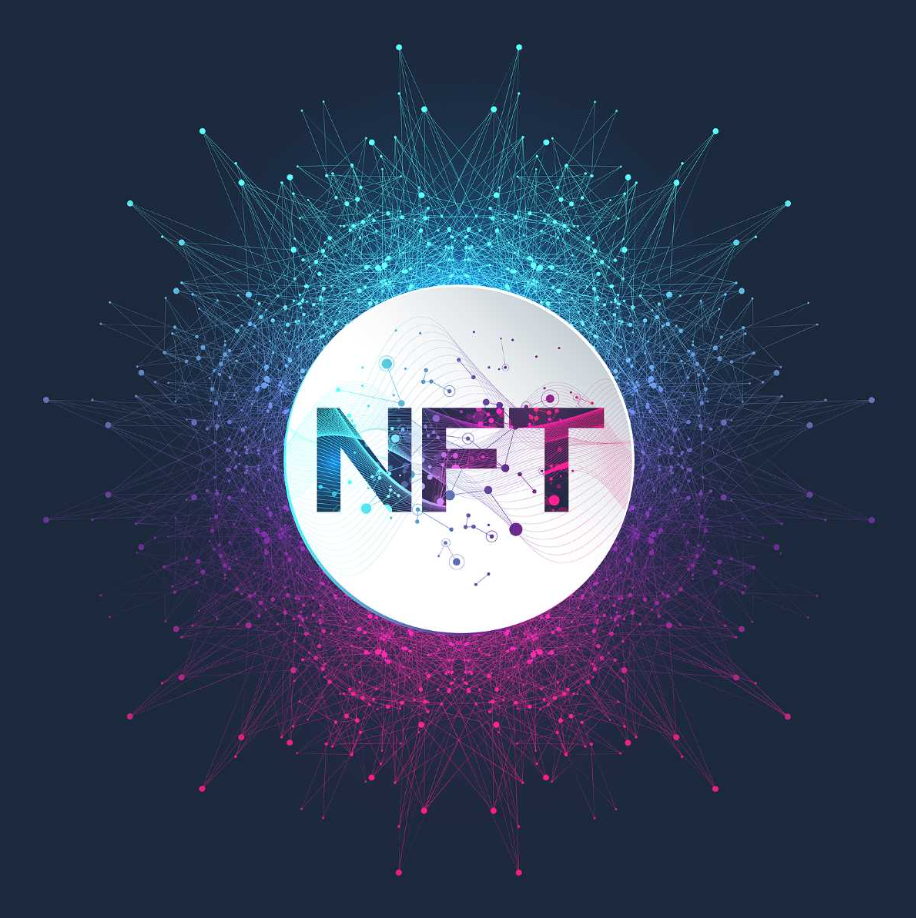Polygon, an Ethereum staking solution, reveals its plan to 'unify liquidity' across various networks within its ecosystem as part of its rebranding into Polygon 2.0. The strategy includes restaking tokens and providing developers with the ability to generate decentralized chains on demand. This move aligns Polygon with competitors like Arbitrum, Optimism, and zkSync's Matter Labs, all aiming to establish more comprehensive ecosystems of specialized yet compatible blockchains.
Under the new structure, Polygon plans to link its various chains through a shared crypto bridge, powered by zero-knowledge (ZK) proofs, one of the leading blockchain technologies of the year. The company aims to make cross-chain transactions as seamless as possible, ensuring that the whole Polygon 2.0 ecosystem feels like using a single chain.
“ZK proofs posted to Ethereum will guarantee cross-chain transactions' validity, but we want bridging to feel seamless. We can’t make users wait for a chain to generate a proof or settle on Ethereum," said Brendan Farmer, co-founder of Polygon.
The proposed architecture also features a coordination layer to confirm cross-chain transactions, with the shared bridge powered by ZK proofs. These ZK proofs will facilitate safe and instant cross-chain transactions, allowing for a unified behavior across chains.
The concept of restaking is also central to the new plan, enabling users to reuse their staked crypto to secure other applications on a blockchain. Despite the concerns of Ethereum co-founder, Vitalik Buterin, about the systemic risks restaking could pose, Polygon maintains that it provides an effective solution.
Following the announcement of Polygon's new architecture and tech stack, it recently proposed upgrading its Polygon PoS chain to a zkEVM validium. Further announcements regarding its token, $MATIC, and its governance process are expected in the coming weeks.
However, amid these developments, Polygon's MATIC token performance is down by 30% over the past 30 days. The U.S. Securities and Exchange Commission's recent classification of the MATIC token as a security may also lead to increased regulatory scrutiny.







